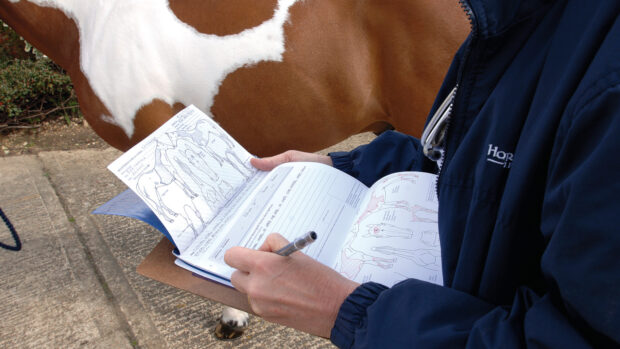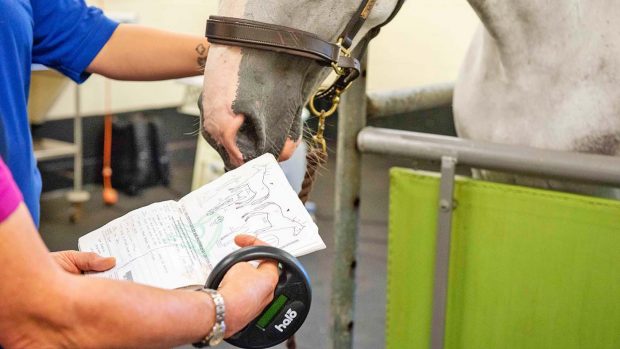A number of thoroughbred horses have been quarantined in Ireland following confirmation that it has equine Piroplasmosis.
Movement restrictions have been placed on the stables in County Meath, Ireland, after vets confirmed the horses are suffering from the tick-borne disease.
Equine Piroplasmosis has been notifiable in Ireland since July 2009, and has not been officially reported before now.
The disease is not readily contagious, but id transferred from horse to horse by blood parasites that are carried by a certain type of tick. It causes jaundice and anaemia in affected animals.
Ireland’s Department of Agriculture, Fisheries and Food (DAF) confirmed the outbreak yesterday evening. Epidemiological investigations are underway to establish the origin of the disease and the extent of the spread, if any, to other locations.
A spokesman from DAF said: “A meeting with industry representatives has been arranged to discuss the implications for animal movement and the measures appropriate to address the threat posed by the disease.”
Equine Piroplasmosis is not a notifiable disease in the UK, and is not present in this country.
Horse & Hound vet Karen Coumbe said that although horses that have had the disease occasionally come here to compete, they pose little threat because the ticks that spread equine Piroplasmosis do not live in Britain.
Karen said: “The problem is that once you have a horse that has tested positive to equine Piroplasmosis, it cannot be exported to certain countries — for example America.”
The disease is prevalent in Mediterranean countries, but not the UK, US, Canada or Australia. It is not transferable to humans.




